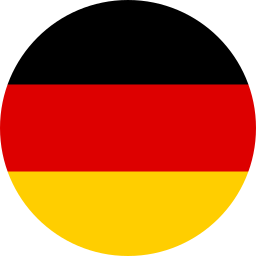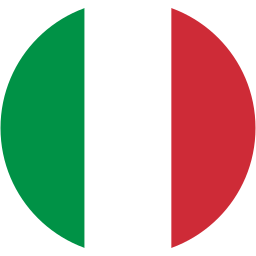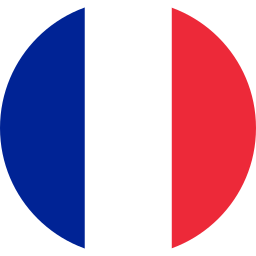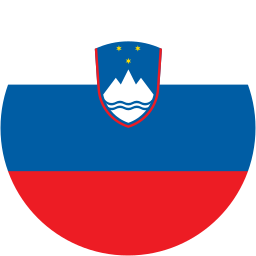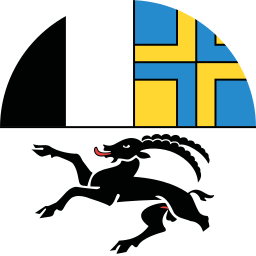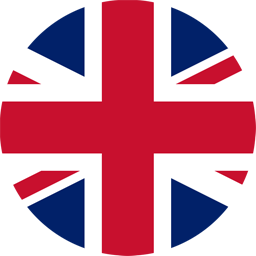Project leaders
Thomas Krefeld | Stephan LückeThe project Timeline Quote
The project investigates the Alpine region, which is linguistically highly fragmented, in its historico-cultural and historical linguistic unity in a selective and analytical way. Thus, VerbaAlpina also overcomes the traditional limitation to essentially political units (nation-states). The selected thematic areas concern nature, cultural history and present day culture. To this end, an extensive, multilingual research environment with several functional areas has been created by using up-to-date media technology (database, georeferencing, Internet, social software): it serves documentation (interactive georeferenced cartography), data collection (through social software), publication and its own further development by collaboration; thus, a prototype for the transfer of geolinguistics into digital humanities is developed (cf. Krefeld/Lücke 2021). The main intention is to make accessible already existing (and partly poorly accessible) data from linguistic atlases and dictionaries in a complete, bundled, multi-dimensionally processed and historically analysed form. Through the completion (new data collection with the help of social software) the uneven data stock will be balanced and its semantic and onomasiological inconsistencies will be overcome. Thus, the project integrates the two dominant, methodologically alternative approaches of digital geolinguistics, namely the documentation based on the tradition of language geography on the one hand (cf. ALD-I, ALD-II) and the new data collection via Crowdsourcing on the other hand (cf. AdA, ALIQUOT) in a comprehensive way. VerbaAlpina is supported by numerous cooperation partners.VerbaAlpina is a long-term research project based at Munich University (LMU) which has been funded by the German Research Foundation (DFG) since October 2014 – with a perspective until 2026. The project website has been online since 2015. The project is a cooperation between the Institute of Romance Philology and the LMU Center for Digital Humanities (ITG) and is a combination of linguistics, ethnology and information technology in the context of digital humanities. In the first project phase (10/2014 – 10/2017), the focus was on vocabulary from the field of Alpine pasture farming, especially milk processing. In the second project phase (11/2017 – 10/2020), the emphasis was on vocabulary relating to flora, fauna, landscape formations and weather. In the current project phase (11/2020 – 10/2023), the vocabulary of modern life, especially ecology and tourism, is subject of investigation.

(auct. Thomas Krefeld | Stephan Lücke – trad. Christina Mutter)

